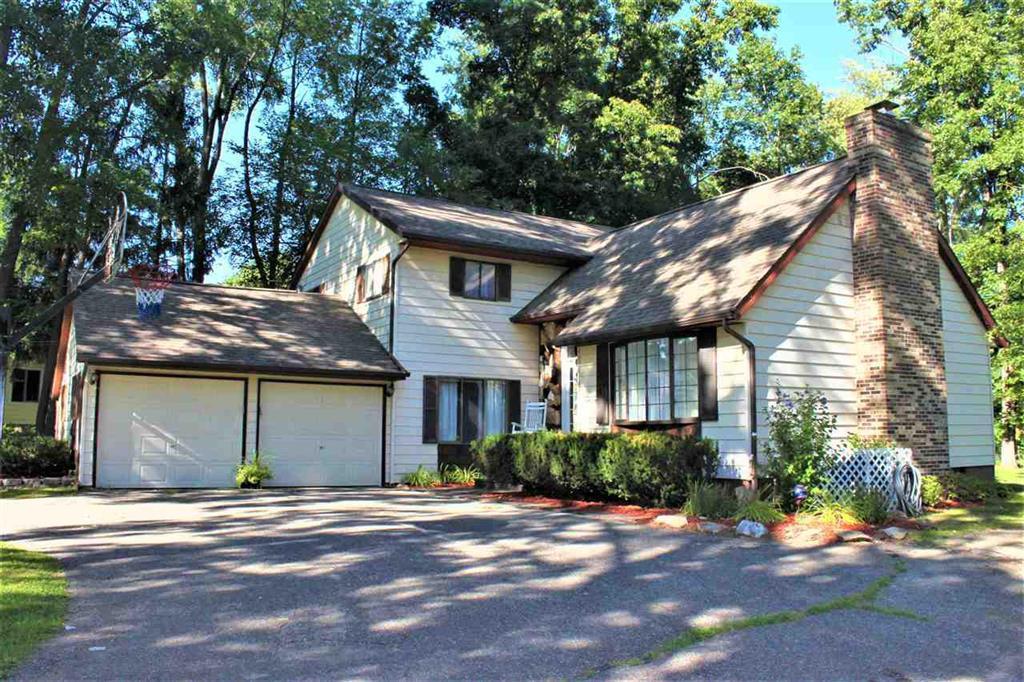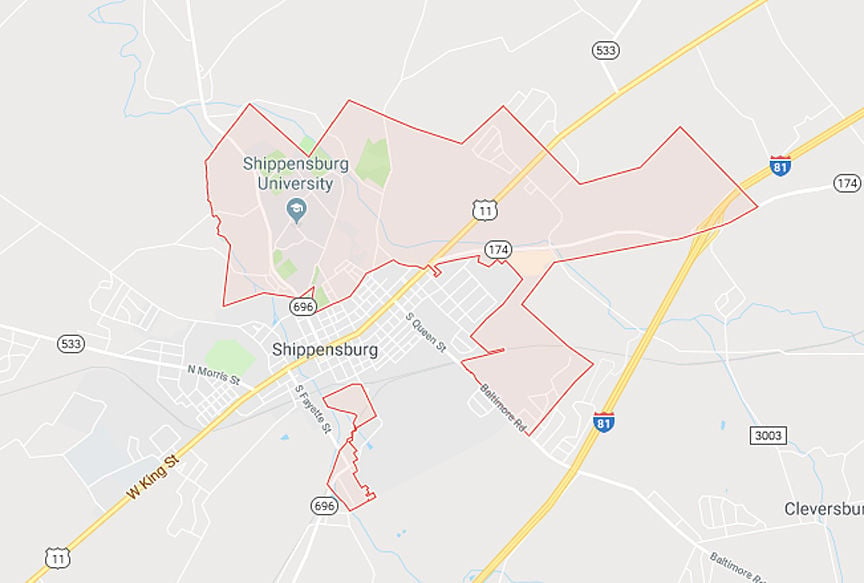

Bill Huizenga, R-Holland Township, and Fred Upton, R-St. Dan Kildee, D-Flint Township, said he plans to run. John Moolenaar, R-Midland, is expected to run in a newly created central Michigan district with Midland, long a conservative enclave, being merged into a Democratic-leaning district including Flint, Saginaw and Bay City, where current U.S.

Elissa Slotkin, D-Holly, has said she would leave her home and take up residence in a new district anchored by Lansing, given that northern Oakland County is being merged with northern Macomb and the Thumb in a solidly Republican district likely to be represented by U.S. Debbie Dingell, D-Dearborn, said she plans to move into a new district centered around Ann Arbor, rather than potentially battle with U.S. There could be other primary battles or general election fights between incumbents as well, though several current members of Congress have already indicated they plan to move into newly created districts to avoid such a battle. Stevens' hometown was moved into a new district that includes Sterling Heights and southern Macomb but her current district includes much of the new one she's running in. Andy Levin, D-Bloomfield Township, and Haley Stevens, D-Rochester Hills, announced they were both running in a newly drawn southern Oakland County district. The new map sets up at least one primary battle between incumbents: U.S. Five commissioners voted for different plans. The new map – which the commission referred to as "Chestnut" – was backed by eight out of 13 of the randomly selected voters who serve on the commission, including two Democrats, two Republicans and four independents. The new map places the current hometowns of eight incumbents in the same districts, eliminates the two majority-Black districts that currently run through Detroit and chips away at the Republican advantage baked into the map in place today. Michigan’s redistricting commission voted to adopt new congressional districts Tuesday, creating political boundaries for the state's 13 U.S.


 0 kommentar(er)
0 kommentar(er)
